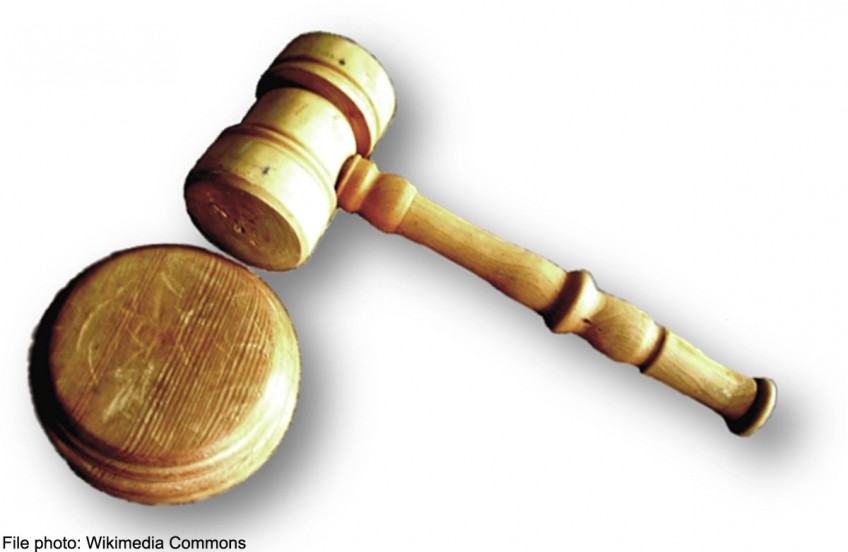Apex court: Don't rely too much on witness' manner

SINGAPORE - Judges have done "no better than chance in assessing if people were lying", noted Singapore's apex court, as it issued a warning against relying too much on, say the demeanour of a witness, to decide if he or she is a liar.
The court also called on judges not to be swayed too much by "faulty recollections" in deciding whether a witness is truthful, especially when memory gaps occur after a long time between the event and the trial.
The Court of Appeal issued the rare advice in judgment grounds released last week, when it overruled a High Court decision that had granted an investment firm's claim to $1 million in dividends.
"We think it would be helpful to make some observations on these problematic issues which judges have to address in almost every trial," said Judges of Appeal Chao Hick Tin, Andrew Phang and V.K. Rajah.
The court cited various expert materials, including a book titled Telling Lies, to warn against reading too much into instances such as when a person on the witness box scratches his nose, grabs his knees or digs into his palms.
"The witness is under the intense scrutiny of the judge and is also under intense pressure to answer counsel's questions; even truthful witnesses may wilt and display discomfort in such circumstances," wrote Judge Rajah.
Other aspects of demeanour that judges look at can include the way in which a witness responds or hesitates or whether his gaze is steady or shifting.
The apex court urged caution by the trial judge when placing reliance on these factors alone to find a witness untruthful.
Ditto the reliance on the "uncorroborated recollections" of a witness. A judge should be slow to label a witness as "untruthful" where memory gaps exist, it said.
The court's advice was sparked by its concerns about the High Court's labelling of two principal witnesses in the investment case as "evasive and/or vacillating witnesses".
The court said that although the judge was correct in being unsatisfied with their testimony, the events took place almost five years before the trial.
"A trial should not be a test or contest of memories," said the court, adding that it was better to rely on objective documentary evidence and the actual conduct of the parties.
In the case, Strategic Worldwide Assets, a British Virgin Islands company, had won a $1 million payout in the High Court last year from Sandz Solutions (Singapore), which provides information technology services.
Strategic Worldwide Assets, represented by lawyer Devinder K Rai, had then successfully argued the claim was for its 25 per cent share of dividends of $4 million declared by Sandz in 2007.
Sandz, represented by lawyer Low Chai Chong, appealed and the apex court found Sandz and Strategic had an understanding that the latter would not have any claim against Sandz, including dividends.
Reversing the High Court decision, the court, among other things, found that the deal by Strategic to buy 25 per cent of Sandz was not completed at the time and thus did not entitle it to the dividends.

This article was first published on June 3, 2014.
Get a copy of The Straits Times or go to straitstimes.com for more stories.